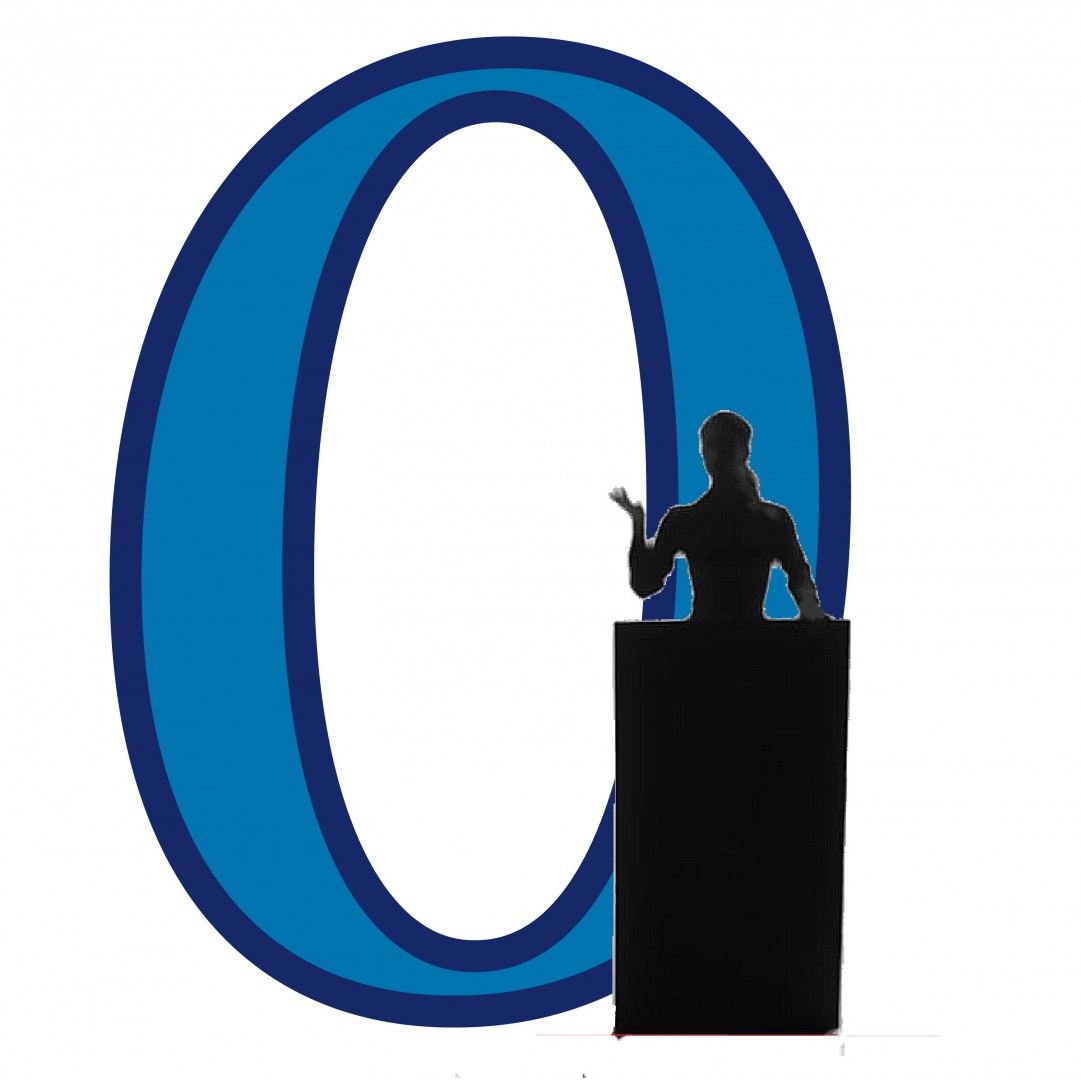One of the most exciting rewards of graduating college: no more grades. Since an incredibly early age, students have been required to participate in an arbitrary and loathsome alphabetized achievement system. Though for some it is an irrelevant aspect of education, it can cause immense anxiety and tarnish the learning experience.
An institution as progressive, industrious and ingenious as DU should be more than able to re-envision its place of learning, designing a more productive and student-driven system of responsibility. Grade grubbers be damned, DU should pioneer a new form of assessment that eradicates letters and numbers, and establishes a qualitative evaluation of students on an individual basis.
Grades are intended to motivate us and keep us accountable, and there is no denying they achieve this to a certain extent. However, they do not have a universally similar effect on individuals and can just as easily foster laziness or a frustration with education. Leonardo da Vinci said, “Study without desire spoils the memory, and it retains nothing that it takes in.” So many of us proceed through the monotony of class; reading, writing, taking quizzes and so forth, yet within a quarter’s time cannot recall even the title of the course. Is something “learned” but not retained really learned at all?
Even without the issue of various learning styles, we need to discover a way of engaging students with material in a manner that contributes to genuine learning and overall academic and personal development. As Aristotle once remarked, “Educating the mind without educating the heart is no education at all.” We need to awaken our hearts and minds together in the joys and the privilege of learning.
Through fewer requirements and more options, through personalization and creativity, and through student-teacher relationships, we can move in this direction. We need to eliminate standardized numerical grading and emphasize personal professor feedback.
Education should not be an allotted number of years that students are excited to escape.Instead, having allocated time to study exclusively should be a celebrated personal investment. Though I value the extracurricular and social opportunity found among the college experience and fully recognize this is a time for personal growth and discovery, the purpose of college as an institute of higher learning is often drowned out.
As Frank Zappa, a famous American composer, musician and director, was quoted, “If you want to get laid, go to college. If you want to learn, go to the library.” Some of you are nodding your head; that is often what college seems to revolve around for many individuals. It is not to say that social, sexual, relational exploration is unhealthy or discouraged, nor that it cannot be done in tandem with academic integrity, yet it seems somewhat overemphasized.
The educational system needs to be restructured as a whole to empower students to fall in love with learning again. More attainable might be the re-crafting of our very own DU framework of academic achievement. It is time to ditch the grades and elevate the importance of personal accountability and student-teacher mentorships.
Students should be able to engage with classes and material that have lasting impacts on their cognitive capabilities and their reservoir of knowledge. This should be offered to students without the utilization of what seem like passive-aggressive threats to our beloved GPA. Education should be about more than an arbitrary mark on a piece of paper or, more likely, a number on a screen. It is time to reexamine what we value and cultivate a system and a reciprocal accountability that reflects our appreciation for knowledge and the privilege of education. Students and teachers alike need to find a mutually beneficial framework for more genuine learning. Let’s learn how to learn and, in doing so, teach a nation a new way.










